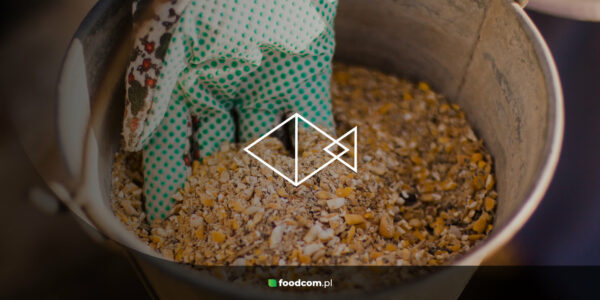Humectants – what is it?
Humectants are substances that promote moisture retention. By attracting and holding water molecules from the surrounding environment or from within the product itself, humectants play a pivotal role in maintaining the moisture content of various goods. In the food industry, they are essential in preventing products from drying out, thereby enhancing shelf life, texture, and mouthfeel. Beyond food, humectants find application in the industrial domain, particularly in cosmetics and pharmaceuticals, where they ensure product stability and integrity by maintaining optimal moisture levels.
Most common questions
1. Why are humectants vital for the food industry?
Humectants offer multiple benefits to the food industry. They help in preserving the freshness and texture of food products, prevent crystallization in sugary goods, and can even enhance the palatability of certain items. Their role in extending shelf life and ensuring consistent quality is particularly crucial in a globalized supply chain where products often have to withstand extended storage and transport durations.
2. Can you give examples of common humectants?
Certainly! Commonly used humectants in the food industry include glycerin, sorbitol, and honey. In cosmetics and pharmaceuticals, propylene glycol and hyaluronic acid are popular choices due to their excellent moisture-retention properties.
3. How do humectants function in animal feed?
In animal feed, humectants play a role in preventing the loss of moisture, which can ensure the feed remains fresh and palatable for a longer duration. This is particularly essential for wet feeds or those that are prone to drying out, ensuring that livestock receives nutritionally consistent meals over time.
4. Are there any potential downsides to using humectants?
While humectants offer numerous benefits, their overuse can sometimes lead to undesired effects. For instance, in food, excessive humectant levels can make products too moist or sticky. There’s also the potential for microbial growth if moisture levels are not optimally controlled. It’s vital to use humectants judiciously and in the right proportions to achieve the desired effect.
5. How does Foodcom S.A. ensure the quality of humectants in its portfolio?
Foodcom S.A., committed to delivering only the highest quality products, rigorously vets its humectant sources. The company adheres to international standards and regulations, ensuring that all humectants traded are of optimal purity and effectiveness. Regular audits, partnerships with esteemed suppliers, and continuous quality assessments further solidify Foodcom S.A.’s commitment to excellence in this domain.


![Australian wheat backlogged by fall in Chinese imports [World News] Australian wheat backlogged by fall in Chinese imports [World News]](https://foodcom.pl/wp-content/uploads/2025/03/News-world_22-1-600x300.png)


